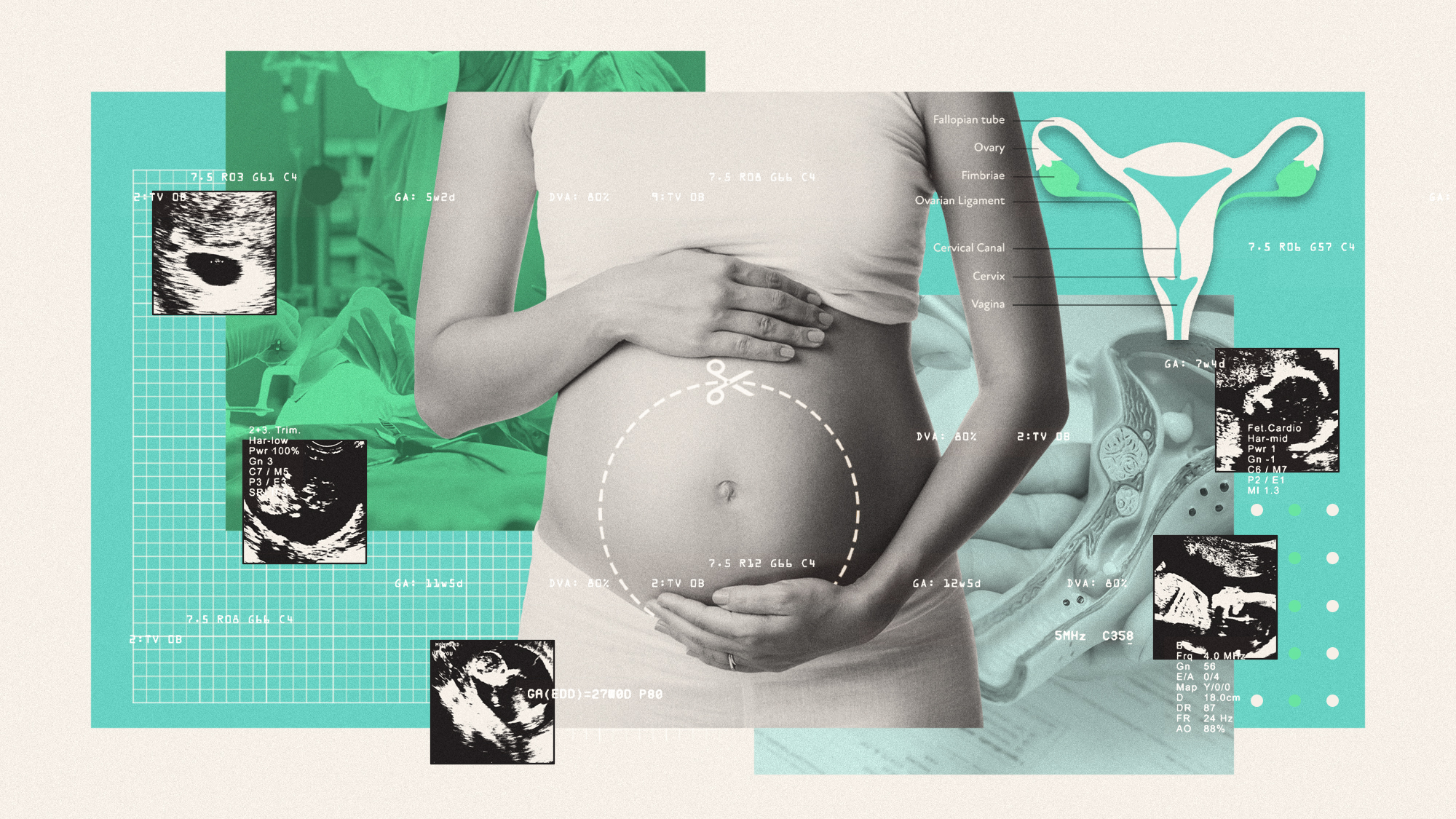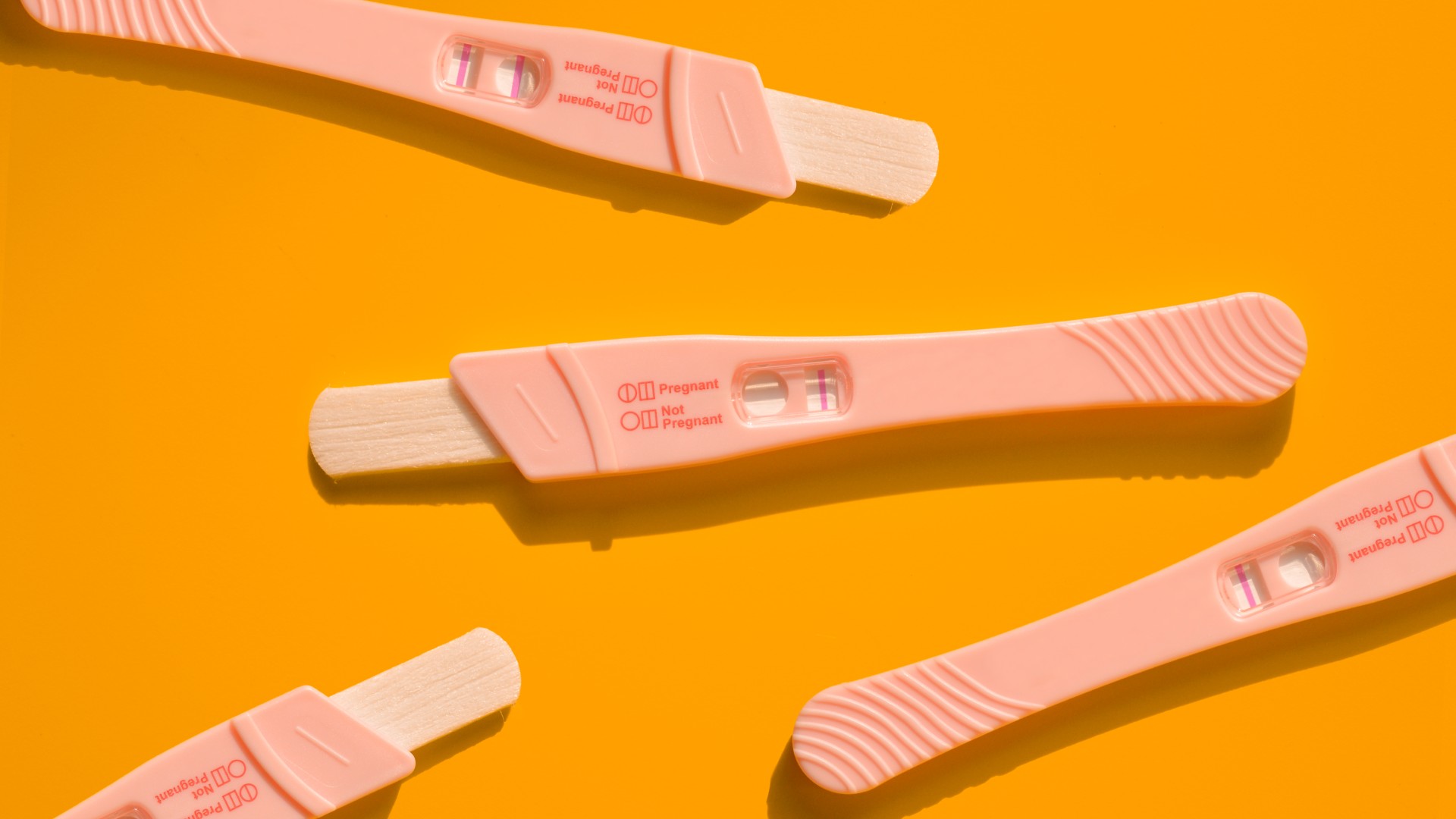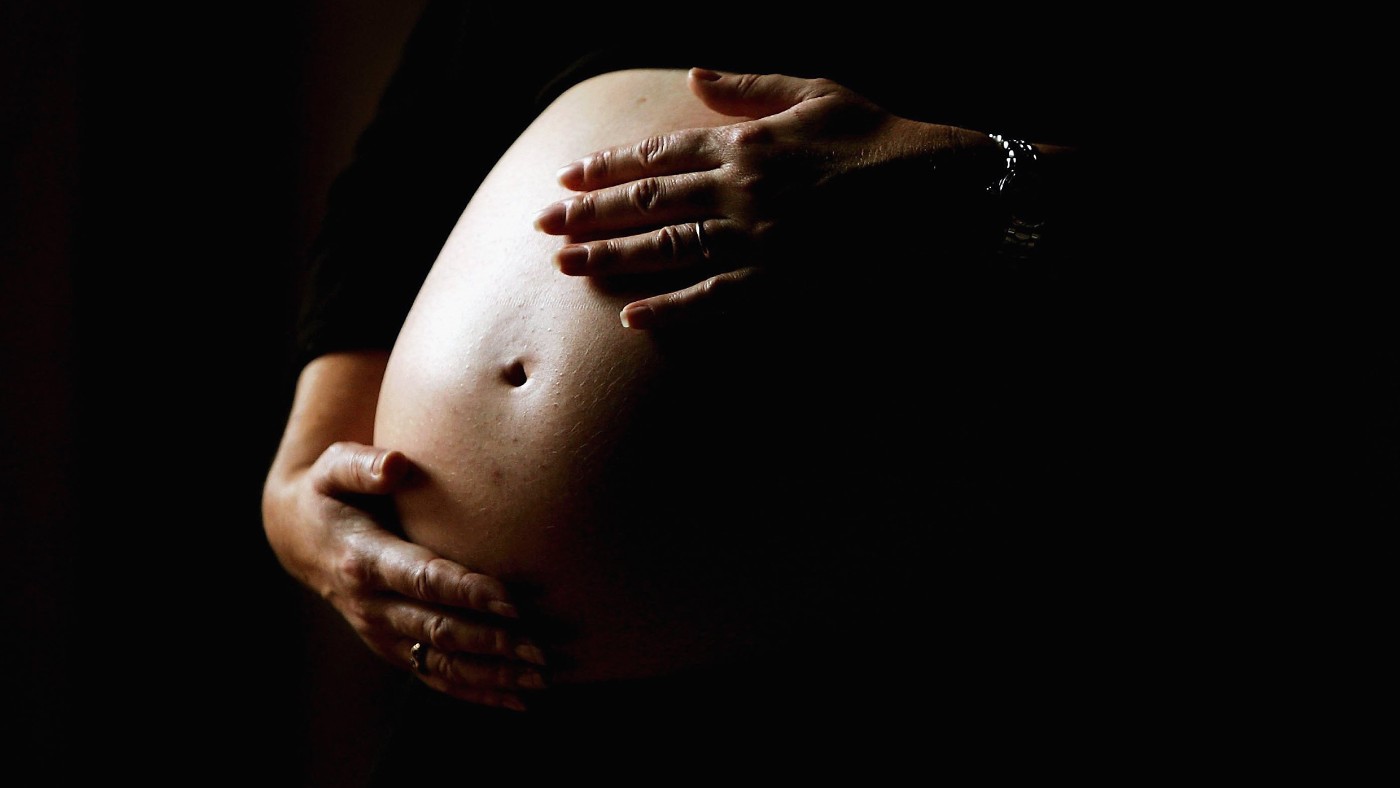Doctors now able to delay menopause for 20 years
Thirty-minute procedure to trick biological clocks into thinking women are much younger than they are

A free daily email with the biggest news stories of the day – and the best features from TheWeek.com
You are now subscribed
Your newsletter sign-up was successful
Doctors have made a major scientific breakthrough that enables them to delay menopause for up to 20 years, bringing untold health benefits for women later in life.
Pioneered by the fertility experts behind IVF, nine British women aged between 22 and 36 have already undergone the new 30-minute operation which removes a piece of one of their ovaries. The tissue is then frozen at -150C and held in an ice bank until the women reach menopause. It will then be thawed and transplanted back into the armpit, where it will kickstart their natural hormones — delaying menopause.
The Times says the “revolutionary procedure could transform the lives of thousands of women by tricking their biological clocks into thinking they are much younger than they are”.
The Week
Escape your echo chamber. Get the facts behind the news, plus analysis from multiple perspectives.

Sign up for The Week's Free Newsletters
From our morning news briefing to a weekly Good News Newsletter, get the best of The Week delivered directly to your inbox.
From our morning news briefing to a weekly Good News Newsletter, get the best of The Week delivered directly to your inbox.
This could limit the effects of menopause-related health problems such as osteoporosis and heart problems as well as reducing draining physical and emotional symptoms such as hot flushes, night sweats, memory problems, mood swings and anxiety. It could also slow the effects of ageing on women’s sex drives.
The procedure, the first of its kind in the world, costs around £10,000 for the removal, storage and transplant of ovarian tissue. It is currently only being offered at the Birmingham-based private company ProFam (Protecting Family and Menopause) for women up to the age of 40. The clinic is run by Professor Simon Fishel, an IVF pioneer whose work led to the birth of Natalie Brown, the sister of the first test-tube baby, Louise Brown.
Noting that women are living longer than any time in history meaning many will be in the menopause for longer than their fertile period, Fishel told the Times: “We are at a fascinating point in the evolution of our species. We are empowering women to take control of their own health by naturally delaying their menopause”.
“A version of the technique called ovarian tissue cryopreservation has already preserved fertility in women starting treatment for cancer” says the Daily Mail. However, “ProFam is the first to offer women free from disease the chance to freeze their ovarian tissue to delay their menopause, which happens when levels of the hormone oestrogen fall as a result of ovaries no longer producing eggs”.
A free daily email with the biggest news stories of the day – and the best features from TheWeek.com
The new surgery “has sparked fears about women having children very late in life”, reports The Sun. However, while the procedure has the potential to extend fertility, doctors say the main aim is to postpone the menopause rather than give women the chance to have children into their 60s.
Addressing these concerns, Fishel stressed “there would be health risks to both mother and baby should a woman want to start a family at 70”, adding “the body at such an age is not designed to carry a baby”.
-
 The environmental cost of GLP-1s
The environmental cost of GLP-1sThe explainer Producing the drugs is a dirty process
-
 Greenland’s capital becomes ground zero for the country’s diplomatic straits
Greenland’s capital becomes ground zero for the country’s diplomatic straitsIN THE SPOTLIGHT A flurry of new consular activity in Nuuk shows how important Greenland has become to Europeans’ anxiety about American imperialism
-
 ‘This is something that happens all too often’
‘This is something that happens all too often’Instant Opinion Opinion, comment and editorials of the day
-
 The UK's first baby born to woman with womb transplant
The UK's first baby born to woman with womb transplantThe Explainer 'Astonishing' medical breakthrough, the culmination of 25 years of research, could pave the way for more procedures to combat uterine infertility
-
 IVM is a better treatment than IVF for some women
IVM is a better treatment than IVF for some womenThe Explainer A less painful, less costly option for treating infertility emerges
-
 The rise of pronatalist tech bros
The rise of pronatalist tech brosIn the Spotlight 'Mix of narcissism, altruism and dreams of immortality' behind drive to reproduce exhibited by likes of Elon Musk
-
 The great baby bust
The great baby bustThe Explainer The fertility rate is falling sharply in the UK and across the world, a trend with major economic and societal consequences
-
 A 'horror story': what is fertility fraud?
A 'horror story': what is fertility fraud?Under The Radar US woman has discovered she slept with her half-brother at high school
-
 What does UK’s first womb transplant mean for future of fertility?
What does UK’s first womb transplant mean for future of fertility?Today's Big Question Procedure could be offered more widely including to transgender people
-
 Pros and cons of surrogacy in the UK
Pros and cons of surrogacy in the UKPros and Cons The government is currently considering substantial reforms to surrogacy law in the UK
-
 Endometriosis: the ‘incurable’ disease affecting one in 10 women
Endometriosis: the ‘incurable’ disease affecting one in 10 womenfeature Advances by Australian researchers offer hope for new treatments and more targeted diagnoses for the debilitating condition